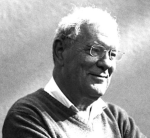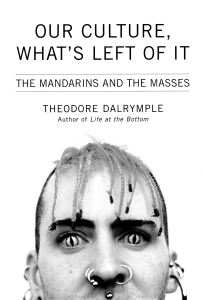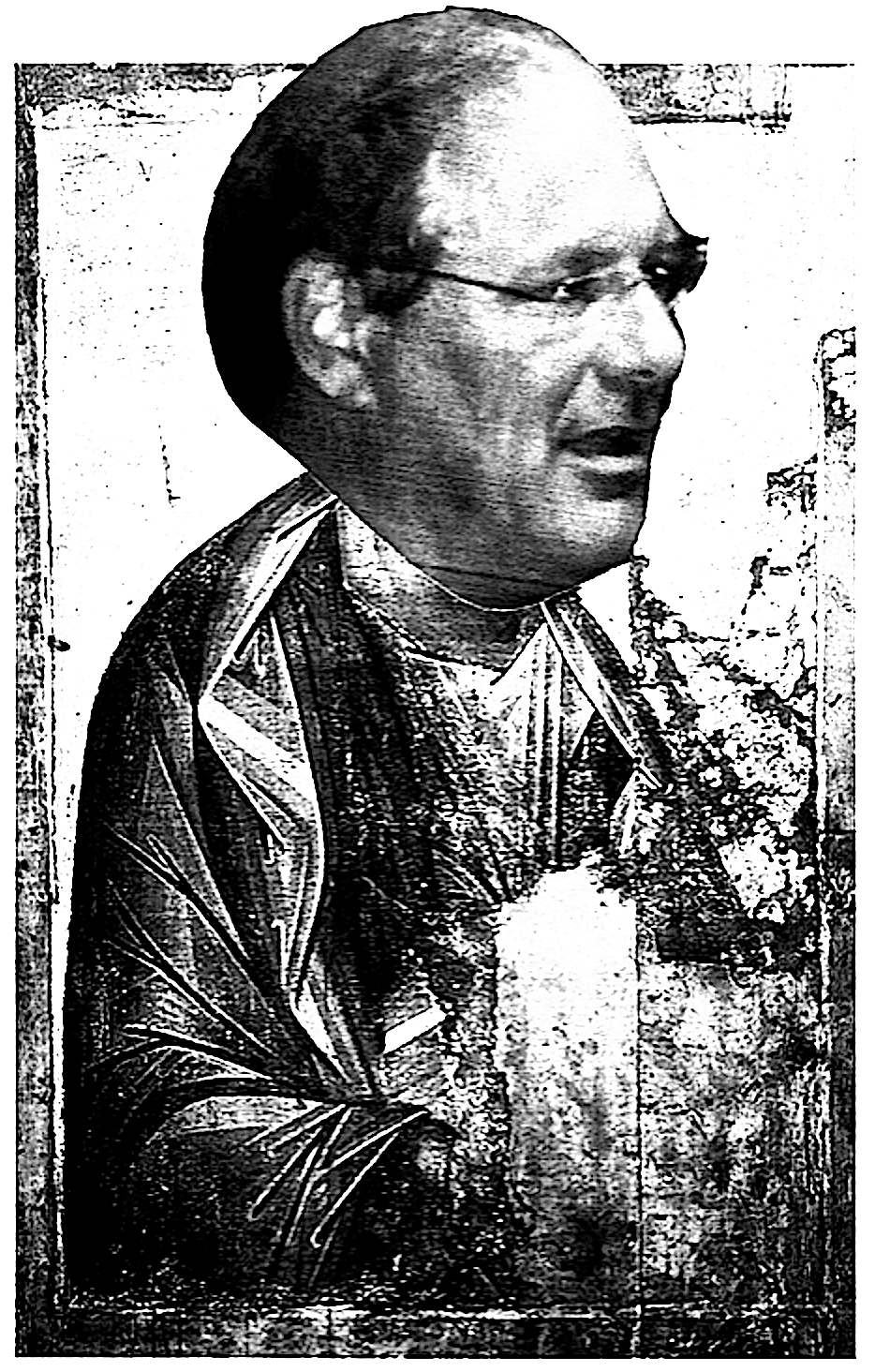It occurred to me that the author’s choice of subject matter, the Iveton affair, was, if not cowardly exactly, at least safe: the author risked no possible obloquy for it. It might be true, as Doctor Johnson said, that we more often require to be reminded than informed, and also that the book is genuinely moving; but it is also true that it does not open our eyes or extend our field of vision. The affair with which it is concerned no longer has any ambiguities for us; it is a subject that the French would call classé, done and dusted. It would now be as difficult to find anyone who thought that Iveton was guillotined in a good cause as it would then have been difficult to find anyone in the courtroom (other than his wife and father) who thought that he should not have been guillotined.
As it happens, last year’s Goncourt prize for a first novel was also awarded to a book on an Algerian subject, written by an Algerian, Kamel Daoud, titled Meursault, contre-enquête (Meursault, Counter-Report, published in English as The Meursault Investigation). It is a brilliant book.
The story takes place over several evenings over glasses of wine in a bar in Oran—one of the few still to exist, for freedom has in certain respects receded rather than advanced after independence—from which one is entitled to conclude that the narrator is not a strict Muslim: and indeed, his strictures on the Koran are of a frankness that make the author infinitely more of a truth-teller than Camus. We are very far indeed from the safety of Joseph Andras:
I leafed through their own book [they being the believing Muslims], the Book, and I found in it strange redundancies, repetitions, jeremiads, threats, and reveries that gave me the impression of listening to the soliloquy of an old night watchman . . .’
This is not a compliment, all the more so since the narrator’s father was a nightwatchman who deserted his family before leaving the narrator with any memory of him. And of course, Daoud is not to be confused with the character (from whom he is much further in age than was Camus from Meursault) he has created: it is just that I do not think that any believing Muslim could have written that passage (though I may be mistaken).
But Daoud’s book is decidedly not a tract. It is, in fact, one of the best imaginative explorations that I have ever read both of the long-lasting after-effects of the murder of a loved one and of what it is like to be considered by others, in this case the French, to be unimportant, invisible, not even fully human, and therefore requiring no names any more than individual ants require names. This is worse than any possible exploitation.










